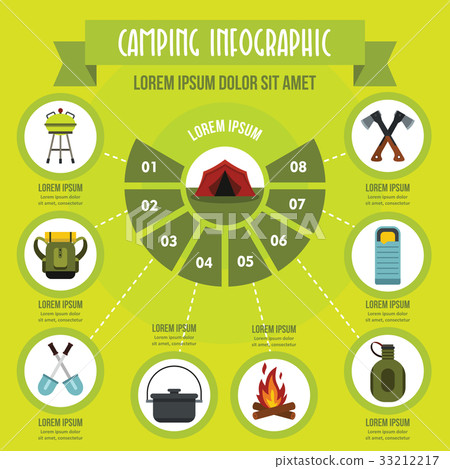Planning a camping trip is fun and interesting, whether you are taking a quick journey or flying throughout the nation to check out new area. Yet the climate does not always cooperate with our plans, and wet outdoors tents can damage them over time and motivate mold and mildew growth.
How do you keep moisture out of a tent?
Keeping your outdoor tents clean and dry throughout camping journeys can avoid these issues. Comply with these straightforward pointers:
Maintain it Clean
Damp tents encourage mold and mildew and mildew, which can damage the material. They additionally smell awful and might posture health dangers. Drying your outdoor tents before keeping it stops fungal development and keeps it fresh and clean.
Tidy your tent, sleeping bag and various other outdoor camping equipment routinely to prolong their life expectancy. It additionally aids avoid awful discolorations, foul odors and zippers that do not function too.
Tip: Bring a small broom and dustpan on outdoor camping trips to rapidly sweep away dust, particles and leaves that can get involved in your tent. Also think about including a camping tent impact to your camping devices to maintain dampness from rising through the ground and into your tent.
Take off your shoes before going into the outdoor tents to stop mud and various other dust from tracking within. Store all garments, beverages and wet things outside the tent or in a waterproof bag to discourage condensation inside the outdoor tents. Also take into consideration establishing a marked eating location outside the tent to avoid food smells from permeating into your sleeping room and illustration in wild animals.
Keep it Dry
Keep a tent clean and completely dry throughout an outdoor camping trip is essential for comfort. The best way to do this is to have actually a tarpaulin put under your camping tent, just slightly smaller sized than the impact of the camping tent. This functions as an additional layer that avoids water from leaking in during a rainstorm.
It's also essential to take off shoes prior to going into the camping tent, to avoid tracking dust right into the resting area. A good pair of welly boots is perfect for this purpose, or merely leaving a floor covering outside the camping tent where everyone can leave their footwear.
Wetness can build up inside an outdoor tents also on dry days, as a result of condensation. This is triggered by a difference in air temperature between the within the camping tent and the surroundings, which creates moisture from breath to condense on surface areas inside. To fight this, keeping the home windows and rain fly open on a bright day, and cooking all dishes outside the camping tent encourages fresh air to flow throughout the camp.
Keep it Free of Particles
Ensure that your outdoor tents is without any kind of debris that fancy camping tents could use it down, such as twigs and branches from trees or mud and dirt from walking around. Make it a behavior to move the ground outside your camping tent daily and to position a tarp on the flooring of your tent to maintain moisture, mud and rocks from going into.
Whenever you're inside the tent, remove your footwear before getting in to prevent monitoring mud or dirt into the inside and causing damages. Create a footwear terminal by placing a floor covering, tarp or plastic bag near the entry of your tent where you can keep wet boots and footwear.
Clean your outdoor tents, sleeping bags and various other equipment thoroughly prior to saving it. Utilize a non-abrasive sponge and light soap to gently scrub stained locations, being extra gentle on rainfall fly and seam finishings. Stay clear of using family cleansers or laundry presoaking items that contain fragrances, as they'll bring in insects and rats seeking a meal.
Keep it Tough
A wet camping tent can be the beginning of an outdoor camping trip catastrophe. Dampness inside the tent results in mold, which can create bad odors and also a health hazard. To keep your camping tent completely dry and tidy, follow the expert suggestions below.
Examine the weather prediction before heading out for outdoor camping. If severe storms are anticipated, you need to consider changing your plans and discovering an additional camping site.
You should also try to pitch your camping tent away from tree branches, which might fall in hefty wind. It's best to choose a spot that is sheltered by other functions such as rock formations or other trees.
Zippers are among one of the most usual locations of an outdoor tents to break down, so it's important to take care of them. Periodically wiping down your zippers and applying a waterproof silicone-based lubricant can help keep them working smoothly. Also, don't whip your tent posts around attempting to break their shockcorded sections right into location; this can chip a section and weaken the pole on the whole.
Are canvas tents better?
